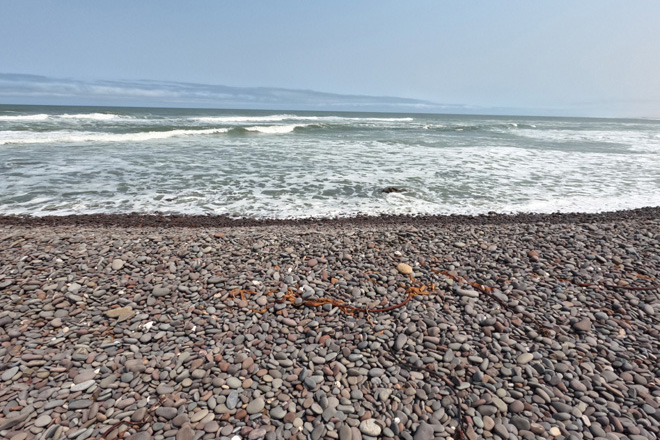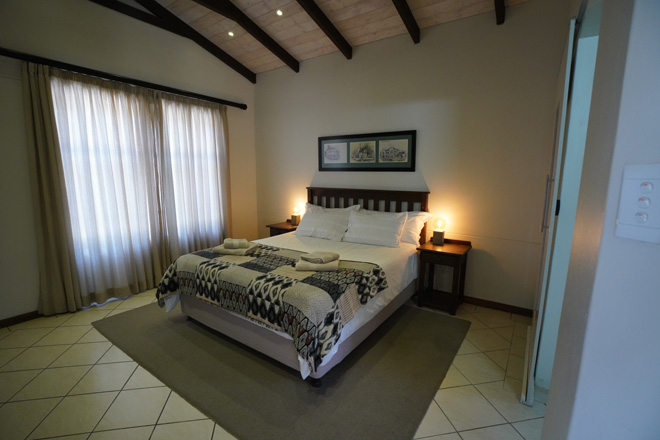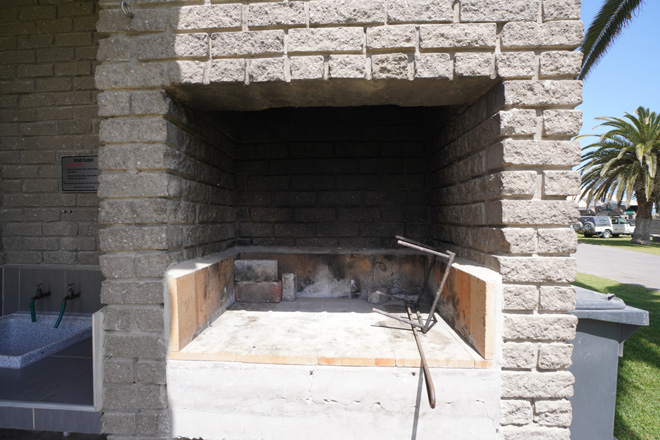Swakopmund Hotels
Find Your Perfect Stay, explore a variety of accommodation options that cater to every traveller's needs, from luxury lodges to camping and cozy guesthouses.
Swakopmund Guesthouses
Find Your Perfect Stay, explore a variety of accommodation options that cater to every traveller's needs, from luxury lodges to camping and cozy guesthouses.
Swakopmund Self-Catering
Find Your Perfect Stay, explore a variety of accommodation options that cater to every traveller's needs, from luxury lodges to camping and cozy guesthouses.
Swakopmund Camping and Backpackers
Find Your Perfect Stay, explore a variety of accommodation options that cater to every traveller's needs, from luxury lodges to camping and cozy guesthouses.
Swakopmund and Skeleton Coast Information Guide
The appearance of Swakopmund, with its 30 000 inhabitants, is characterised by numerous colonial buildings with the Woermann House from 1905 as its landmark. The former trading house in Bismarck Street with its 25 metre high Damara Tower and its courtyard bordered by arcades today houses the city library, an art gallery and the office of the Namibia Wildlife Resorts.
Swakopmund is a popular seaside resort with a slightly nostalgic atmosphere, many tourist attractions and a pleasant climate in summer. For those interested in adventure activities Swakopmund offers sandboarding, quad biking, dune carting, parachuting, hot air ballooning, shark fishing, deep sea fishing and beach angling to name but a few. For the more sedentary there are restaurants, cafes, art galleries, museums, a snake park and aquarium.
There is a great variety of accommodation in Swakopmund which cater for
all tastes and budgets. It should be noted that these establishments will
definitely need to be booked in advance, especially around Christmas when
the town is full of people from Windhoek and accommodation is extremely
hard to find.
Swakopmund still manages to create a feeling of timelessness.
Driving along the stunning dune-lined coastline is particularly attractive, whether you go south to Walvis Bay (30 km) or to the National West Coast Recreation Area in the north. The road (slippery when there is fog) goes right along the beach and leads to the Ugab river mouth and further to the fishermen's resort of Henties Bay and Cape Cross on the way. North of the Ugab, the Skeleton Coast National Park starts, for which a permit is required.
Interesting is also the Welwitchia Drive that leads to the Moon Landscape at the Swakop River and into the northern part of the Namib Naukluft Park.
History of Swakopmund
Swakopmund was of major importance as a harbour during the German colonial era even though the water at the coast is actually too shallow and the bay is unprotected. But Luderitz was too far away and the seaport of Walvis Bay was in British possession in those days.
In August 1892, the gunship "Hyäne" under the command of Captain Curt von François, staked out a wharf north of the Swakop River mouth. A year later, 40 settlers from Germany and 120 members of the Schutztruppe were taken ashore on landing boats to embark upon an adventurous undertaking. The 325 metre long wooden jetty was only completed in 1905 and it was later replaced by a more solid iron construction.
Swakopmund became the gate to South-West Africa and the entire supply for the colony was wound up through this little town. The narrow-rail train to Windhoek started operations in 1902 while at the same time, the station in the Wilhelminian style (equivalent to Victorian style) was built. It was completely restored some years ago and has become an entertainment centre, a casino and a luxury hotel.
Climate of Swakopmund
In Swakopmund it is much cooler than inlands. The water is usually too cold for swimming. This is due to the cold Benguela current. The town is often covered in thick fog until noon. Swakop is a popular holiday destination. Especially at Christmas time, when it gets too hot in Windhoek, it is crowded here. Early booking of accommodation is necessary.
Sights
The beautiful historical buildings in Swakopmund - Hohenzollern Haus, Woermann Haus, Old Provincial Court, Prinzessin Rupprecht Home - you can see a walk through town. The Lighthouse was built in 1902 and is 21 metres high. The museum next to the lighthouse shows interesting exhibits of local history. One of the new attractions is the Aquarium of Swakopmund which opened in 1995.
It shows examples of marine life along the Namibian coast in a couple of seawater basins, the biggest having a volume of 350 cubic metres. Among many other fish species, stingrays and sharks can be seen. Daily at 3 o'clock pm the fishes are being hand-fed by divers. Very impressive! The aquarium lies in Strand Street and is open daily - except mondays - from 10am to 4pm.
Steam Mobile "Martin Luther"
This curiosity from the times of the ox-wagon before the introduction of the railways stands on the B2 a few kilometres before Swakopmund. The wealthy Schutztruppe officer Troost imported the steam engine in 1896 from Germany.
The vehicle with a weight of 1.4 tons was meant to go to Windhoek, but got stuck in the sand straightaway. The people called the engine "Martin Luther" because he once said "Here I stand and can't do otherwise. God help me. Amen!"







